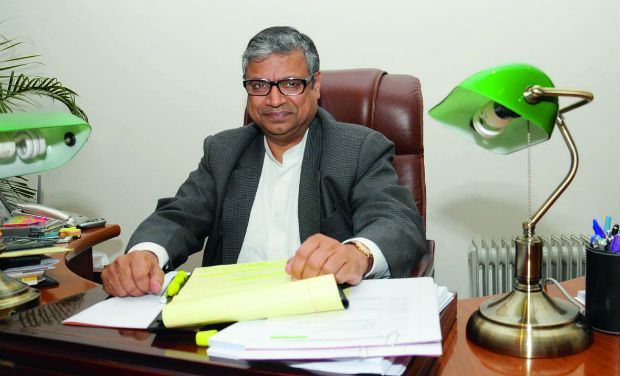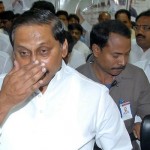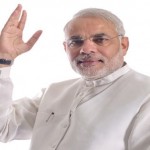
New Delhi: Prime Minister Narendra Modi faces accusations his government ran a campaign to block the appointment of a Supreme Court judge it believed was biased against it, fuelling a debate about judicial independence in the world’s largest democracy.
Gopal Subramanium, a former solicitor-general who was invited in May to join the court, accused the government of undermining his appointment through malicious leaks to the media because of his involvement in murder cases brought against a key aide of Modi.
“(It is) the fear of independence and independent thinking,” Subramanium told Reuters on Thursday, after withdrawing his candidacy through an open letter to the court on Wednesday. “The weakening of institutions is a serious concern.”
Law Minister Ravi Shankar Prasad declined to comment on the case when asked by reporters.
Modi thundered to electoral victory last month on a reputation for decisive rule, after his predecessors helped to turn an economic boom into the longest slump in growth since free market reforms in 1991.
Detractors call him autocratic, however, citing a clampdown on environmental activists such as Greenpeace and a number of police cases related to anti-Modi postings in social media. Amnesty International on Thursday deplored “a growing trend of intolerance towards dissent and criticism,” in recent weeks.
India’s Supreme Court has a history of judicial activism that is often a nuisance for governments. During the last administration it took the government to task over corruption and human rights.
“The Supreme Court in India has played a very significant role in the protection of human rights, and the government must take all steps to maintain the independence of the judiciary,” Meenakshi Ganguly, South Asia Director of Human Rights Watch, told Reuters.
Since taking office a month ago, Modi’s government has been criticised for seeking the resignation of state governors appointed by the last government, as well as quickly replacing or putting pressure on the heads of nominally autonomous bodies.
The previous government was notorious for politicising organisations, including the country’s top police investigative agency, and many observers had hoped Modi’s administration would behave differently.
“By reducing these institutions to mere politics, we shrink them in the long run,” Pratap Bhanu Mehta of the Centre for Policy Research wrote in a column last week that expressed disappointment with Modi’s approach.
In recent weeks, newspapers have run a series of stories based on leaked intelligence reports, including one suggesting that Subramanium had accepted membership to an expensive health club paid by a defendant in a prominent case.
Subramanium has worked on some of the country’s highest profile and most sensitive terrorism and corruption cases. He represented the last government for several years as solicitor-general.
He denies any wrongdoing, saying the stories were planted to turn public opinion and make it harder for the court to make him a judge. He said he withdrew to ensure there would not be a cloud over his name and to draw attention to the pressure being applied on the judiciary.
EXTRA-JUDICIAL KILLING
Before becoming prime minister, Modi headed the government in Gujarat for 12 years. There, with the help of close aide Amit Shah, he successfully purged members of the rival Congress party from politically influential cooperatives and sporting bodies.
Shah, who was a key campaign manager during the general election and is widely tipped to become president of Modi’s Bharatiya Janata Party, is fighting three charges of murder related to extra-judicial killings in Gujarat. He denies the charges and says they are politically motivated.
Subramanium assisted the Supreme Court in the investigation that led to the charges against Shah and believes his role in the case was the reason for the campaign against him.
“The events of the past few weeks have raised serious doubts in my mind as to the ability of the Executive Government to appreciate and respect the independence, integrity and glory of the judicial institution,” he wrote in the letter.
Other members of the judiciary and activists also reacted angrily. Supreme Court lawyer Sanjay Hegde compared the situation to U.S. Democrats vilifying Robert Bork in 1987 to successfully end his nomination to the Supreme Court.
“This was a nefarious design of the executive, in which the executive succeeded,” said R.S. Sodhi, a retired judge of the Delhi High Court.


